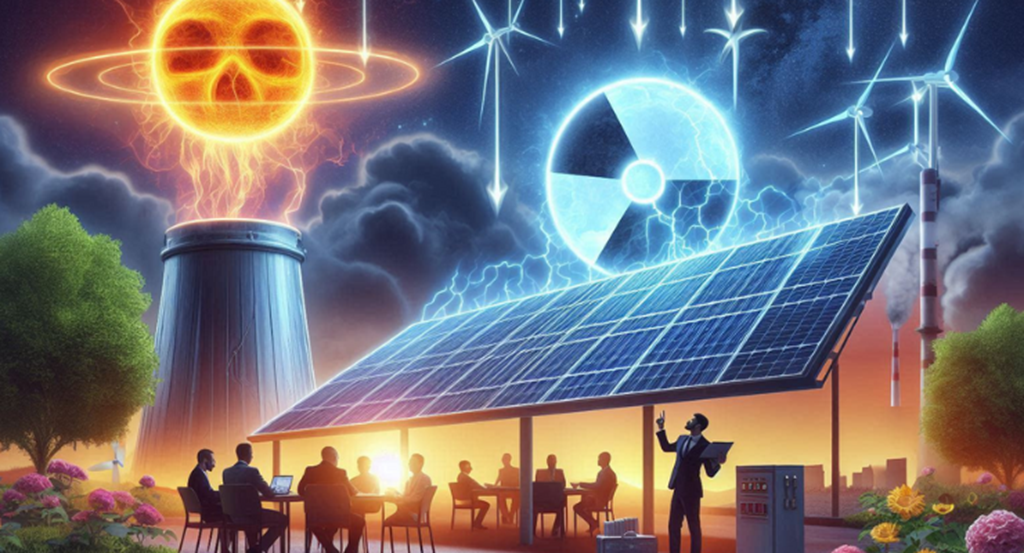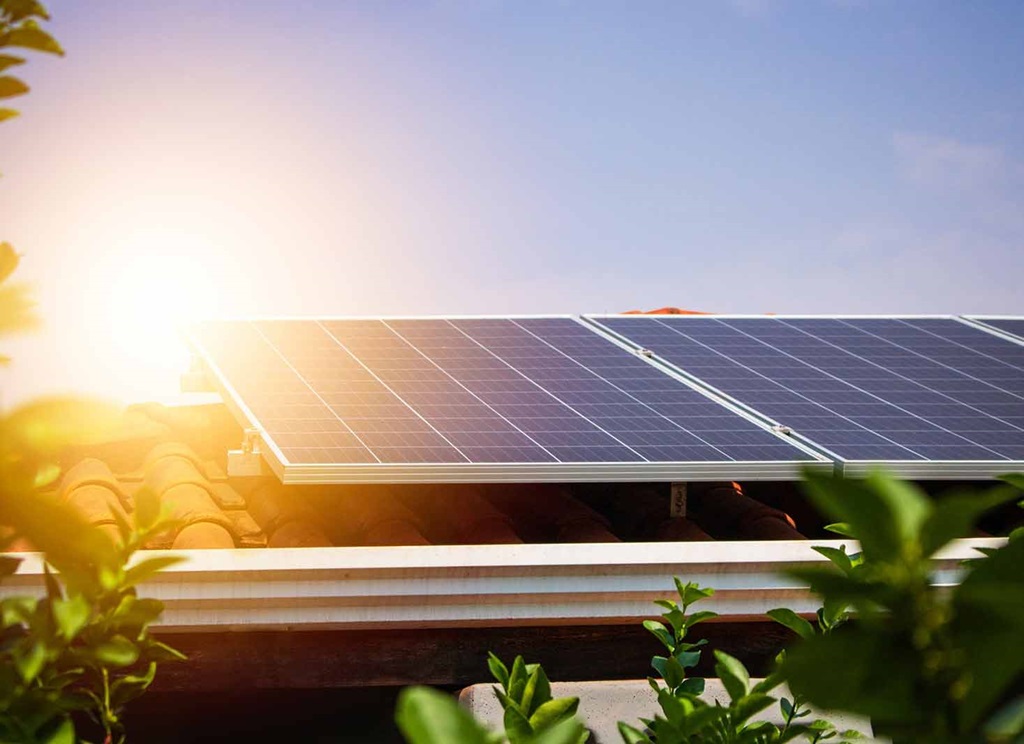
More Than Just a Game: Dissecting the NBA Celebrity All-Star Game Box Score
October 30, 2024
Red Roof Inn Savannah, GA: Your Budget-Friendly Gateway to Southern Charm
November 5, 2024Do Solar Panels Emit Radiation? Unpacking the Truth About Solar Energy and Your Health
Solar panels are becoming increasingly popular as a clean and sustainable energy source. But as with any new technology, concerns about safety naturally arise. One common question is whether solar panels emit radiation. Generally, solar panels produce very low levels of electromagnetic radiation, much like most household devices, and pose no significant health risk. In fact, they simply convert sunlight into electricity without producing harmful emissions. For those curious to learn more about the science and safety of solar technology, you can explore Snapbuzzz blog for deeper insights into the topic.
The short answer is yes, but not the kind you need to worry about.
This article will delve into the types of radiation, clarify the safety of solar panels, and debunk any myths surrounding this topic.
Table of Contents
ToggleUnderstanding Different Types of Radiation
Before we dive into solar panels specifically, it’s crucial to understand the different types of radiation:
- Ionizing Radiation: This is the harmful kind you might associate with X-rays or nuclear power plants. It has enough energy to remove electrons from atoms, potentially causing damage to DNA and increasing cancer risk.
- Non-Ionizing Radiation: This type has lower energy and is generally considered safe. It includes radio waves, microwaves, visible light, and the electromagnetic fields (EMFs) emitted by everyday electronics like your phone or laptop.
Solar Panels and Electromagnetic Radiation
Solar panels do emit a type of non-ionizing radiation called electromagnetic radiation (EMR). This is a natural byproduct of the photovoltaic process, where sunlight is converted into electricity. However, the level of EMR emitted by solar panels is extremely low and falls far below the levels considered harmful to human health.
To put this into perspective, the amount of EMR emitted by your solar panels is comparable to that of common household appliances like your refrigerator or television. In fact, solar radiation facts show that you are exposed to far more EMR from your cell phone or Wi-Fi router than from your rooftop solar panels.
Safety Standards and Research
Numerous studies have investigated the potential health effects of EMR from solar panels, and the overwhelming consensus is that they pose no significant risk. Organizations like the World Health Organization (WHO) have extensively researched EMR and concluded that the levels emitted by solar panels are far below the thresholds that could cause any adverse health effects.
Furthermore, solar panel installations must meet strict safety standards and regulations to ensure they don’t pose any electrical or fire hazards. These standards also address EMR levels, providing further assurance of their safety.
Debunking the Myths
Despite the scientific evidence, some myths persist about solar panels and radiation:
- Myth 1: Solar panels cause cancer. There is no scientific evidence to support this claim. The non-ionizing radiation from solar panels is too weak to damage DNA and cause cancer.
- Myth 2: Solar panels emit harmful UV radiation. While solar panels absorb UV radiation from the sun to generate electricity, they do not emit it.
- Myth 3: Living near solar farms is dangerous. Solar farms are designed and regulated to ensure they operate safely and do not pose any health risks to nearby residents. The EMR levels around solar farms are well within safe limits.
Related: The Truth Behind Five Solar Energy Myths
Benefits of Solar Energy Far Outweigh Concerns
While it’s understandable to have questions about any new technology, the fear of radiation from solar panels is unfounded. The benefits of solar energy far outweigh any perceived risks:
- Clean and Sustainable: Solar energy reduces our reliance on fossil fuels, mitigating climate change and improving air quality.
- Cost-Effective: Solar panels can significantly reduce your electricity bills and even provide a return on investment over time.
- Energy Independence: Solar energy allows you to generate your own power, reducing your dependence on the grid.
Embracing a Clean Energy Future
Solar panels represent a crucial step towards a cleaner and more sustainable energy future. By understanding the facts about radiation and dispelling any myths, we can embrace this technology with confidence. If you’re considering going solar, don’t let unfounded fears hold you back. Consult with reputable installers and enjoy the benefits of clean, renewable energy.





